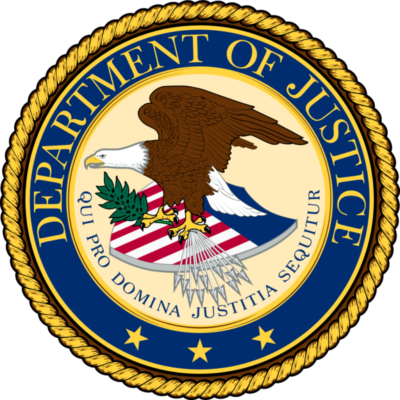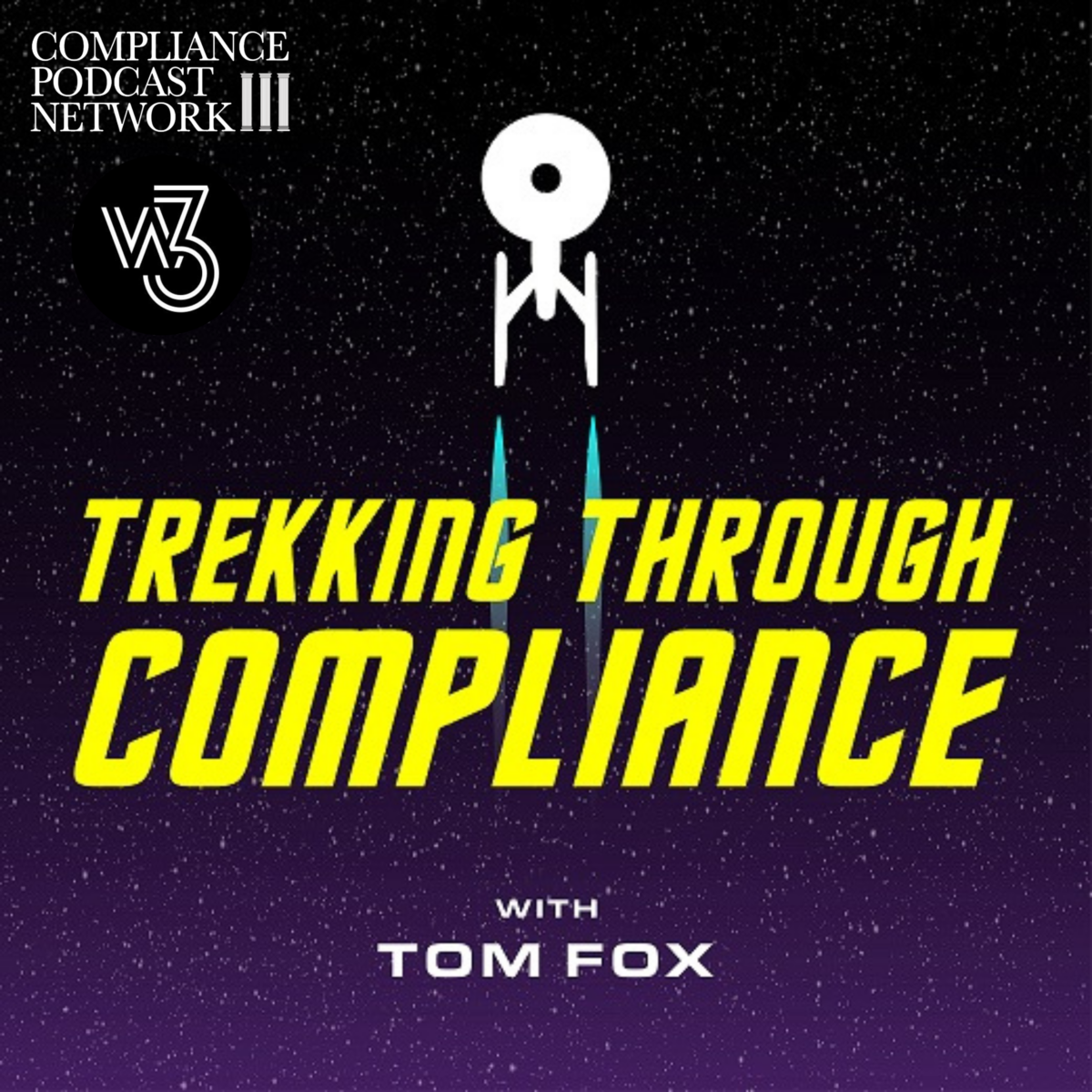Regarding corporate accountability and the often murky waters of compliance, few cases are as illustrative and significant as the ongoing litigation involving Boeing. Since the 737 MAX safety scandal erupted in 2021, the company has been embroiled in a complex legal journey. The Department of Justice (DOJ) recently filed a proposed Plea Agreement with Boeing in the District Court in Dallas, Texas. This filing stems from the original Deferred Prosecution Agreement (DPA) in 2021, and it underscores some critical issues that every compliance professional should be acutely aware of.
Boeing has agreed to plead guilty to one count of conspiracy to commit fraud against the Federal Aviation Administration (FAA) and the airplane evaluation group. This plea involves Boeing paying a $243 million fine, predetermined in the 2021 DPA. However, the plea agreement does not conclude the matter; it introduces several critical facets that warrant detailed exploration.
Matt Kelly, who was over in Radical Compliance, also looked at the compliance spending requirement agreed to by Boeing. As laid out in the Plea Agreement, Boeing must “make a sustained monetary investment in its compliance and safety programs of at least $455,000,000, which, on an annualized basis, is an amount equal to at least approximately 75 percent more than the company’s expenditure on compliance in fiscal year 2024.
Now, let’s do some math. If Boeing is supposed to spend $455 million over its three-year probation period, that’s an average of $151.6 million per year.” But here is the bottom line. It “means the company was devoting 0.12 percent of total revenue to its compliance program.”
A poignant and complex aspect of this case is the involvement of the families of victims from the Lion Air Flight 610 and Ethiopian Airlines Flight 302 crashes. Under their statutory rights, these families participate in the proceedings and seek restitution for their profound losses. The court will determine whether any restitution should be awarded, a process fraught with emotional and legal challenges. The families argue that the proposed penalties are insufficient and that Boeing should explicitly acknowledge its responsibility for the tragic events.
The families of the crash victims are not mere bystanders in this process. They have strongly objected to the plea agreement, particularly its perceived leniency and the lack of direct accountability for senior executives. They argue that the agreement implicitly exonerates those responsible for the safety lapses. This concern resonates with many compliance professionals who advocate for robust accountability at all levels of an organization.
Central to this plea agreement is the appointment of an independent compliance monitor tasked with overseeing Boeing’s adherence to compliance and safety protocols over the next three years. This monitor will be selected through a process involving the DOJ and Boeing, with a noteworthy exclusion: the district court will have no oversight of the monitor’s activities. This exclusion raises significant concerns about transparency and accountability, echoing past controversies in similar cases, such as the environmental crime case involving Carnival Cruise Lines.
The compliance monitor’s role in this case is unusually expansive. Beyond traditional compliance responsibilities—such as policies, procedures, internal controls, and training—the monitor will address anti-fraud measures, safety, and quality assurance/control (QA/QC) issues. This broader remit is essential, given the systemic failures at Boeing that contributed to the 737 MAX disasters.
The DOJ’s findings highlight disturbing lapses in Boeing’s safety and quality records. Employees reported feeling pressured to prioritize productivity and financial performance over safety and quality, a cultural flaw at the heart of the compliance breaches. This pressure led to out-of-sequence work, poor record-keeping, and inadequate safety audits, all indicative of a deeper systemic problem.
Addressing these issues requires a comprehensive approach. The compliance monitor must enforce existing standards and foster a culture of integrity and transparency within Boeing. This involves ensuring that employees can report concerns without fear of retaliation and that safety protocols are rigorously followed and documented.
The district court’s exclusion from supervising the compliance monitor is unprecedented and troubling. In previous cases, judicial oversight has been crucial in ensuring that monitorships lead to genuine remediation. The current arrangement’s lack of transparency—where the monitor’s identity and activities are kept under seal—further exacerbates these concerns. Transparency is a cornerstone of effective compliance and accountability, and its absence could undermine the entire process.
For Boeing to restore its reputation and regain public trust, it must go beyond the minimum requirements of the plea agreement. This involves a commitment to comprehensive remediation, encompassing cultural change, structural reforms, and rigorous safety and compliance standards enforcement.
The compliance monitor’s broader remit is a step in the right direction, but it must be accompanied by genuine transparency and accountability. This includes involving the victims’ families meaningfully through regular updates and consultations and ensuring their concerns are addressed substantively.
The Boeing case is a stark reminder of the critical importance of compliance, transparency, and accountability in the corporate world. It highlights the devastating consequences of systemic failures and the urgent need for robust oversight mechanisms. As compliance professionals, we must advocate for comprehensive and transparent processes that ensure compliance with legal standards and foster a culture of integrity and responsibility.
Ultimately, true remediation and accountability are in the best interests of all stakeholders—from the victims’ families seeking justice to the company itself, striving to rebuild its reputation and restore public trust. Boeing’s path forward is clear: It must commit to rigorous compliance, transparent practices, and a culture prioritizing safety and integrity. Only then can it hope to move beyond the shadows of the 737 MAX scandal and emerge again as a leader in the aviation industry.









